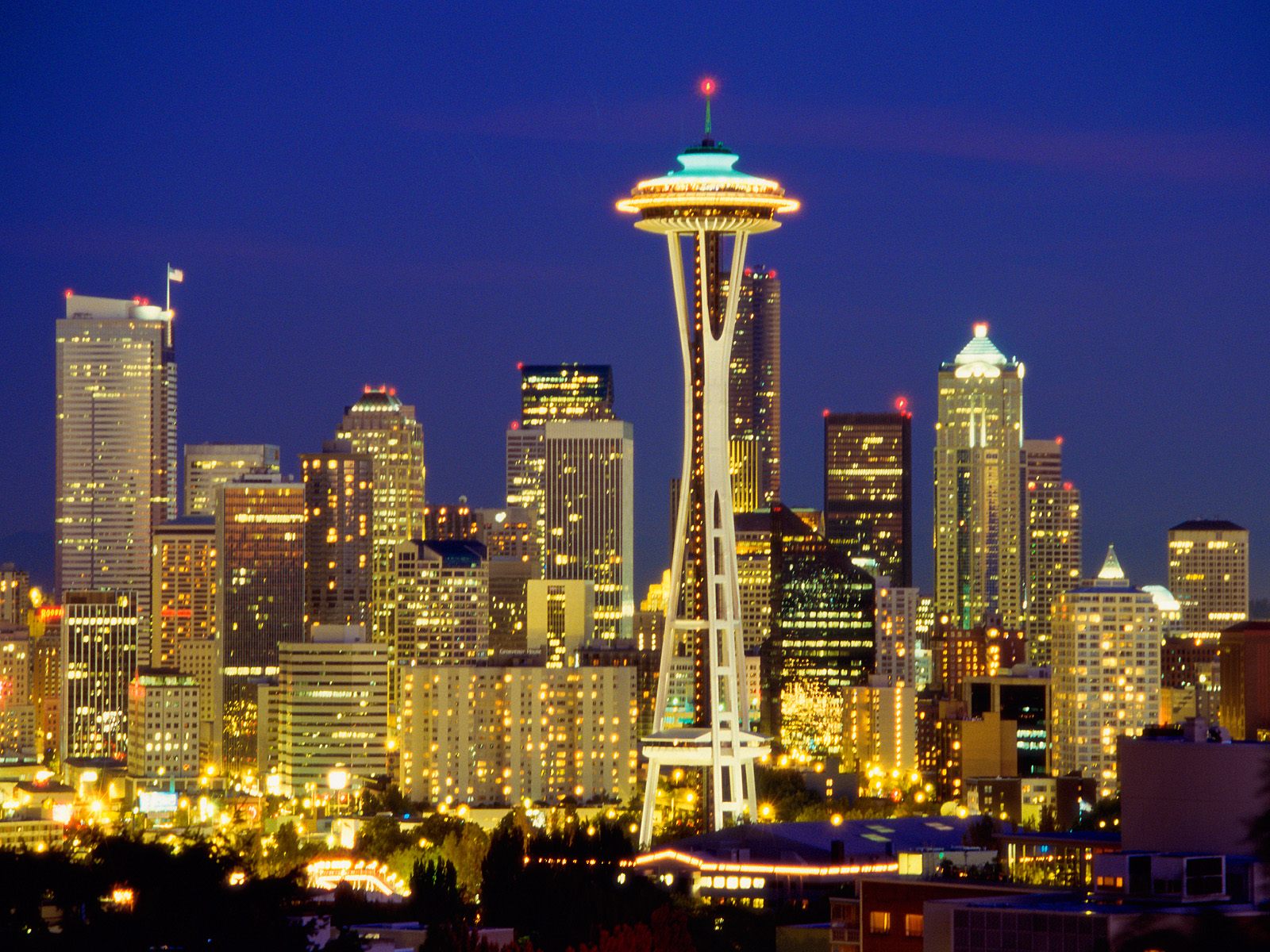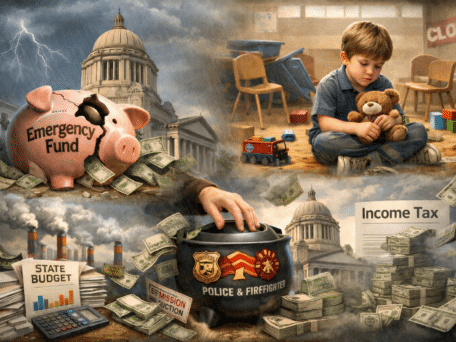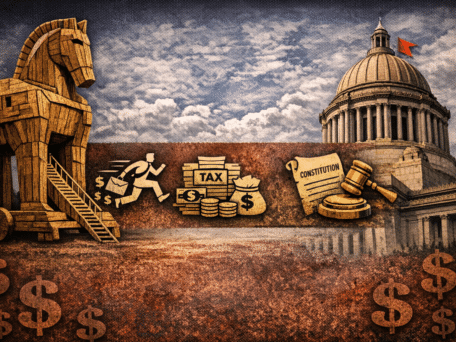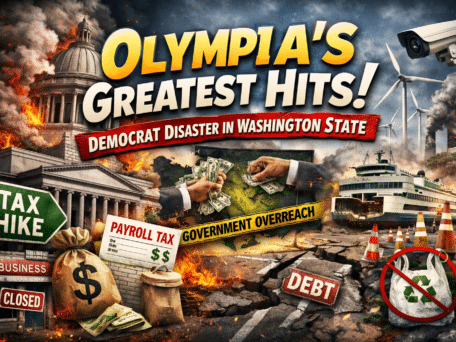A recent Seattle Times editorial written by two members of a nine-person team “charged by the City of Seattle to study the effects of the minimum wage” should leave readers in a state of discomfort. Perhaps more than any other statement made concerning the new minimum wage, the article drives home the reality that Seattle’s $15 minimum wage experiment is just that… an experiment.
The two experimenters begin their article by pointing out the “simple truth” that “we don’t know what will happen.” But, they say, “We aim to find out.” Via the Times,
“Evidence from other places and other times, collected by labor economists over decades, is contested. And no locality to date has raised wages as substantially as the Seattle wage scale promises to do over the next few years. Moreover, the economic evidence has mostly focused on employment effects without carrying the analysis forward to study poverty and inequality.”
They go on to spell out how they plan on gathering the results of the $15 minimum wage experiment and conclude,
“We don’t yet know what the impact of today’s wage increase will ultimately be. As social scientists, our role is simply to report what happens and to leave it to the citizens and leaders of Seattle to decide whether the effects are good or bad.”
Seattle’s businesses—both big and small—are just subjects of this experiment. Subjects that will, sooner or later, feel the full impact of the $15 minimum wage law.
The experimenters may not know what will happen as a result of the $15 minimum wage law. But, the subjects know they’ve been tossed into an experiment they never signed up for.




